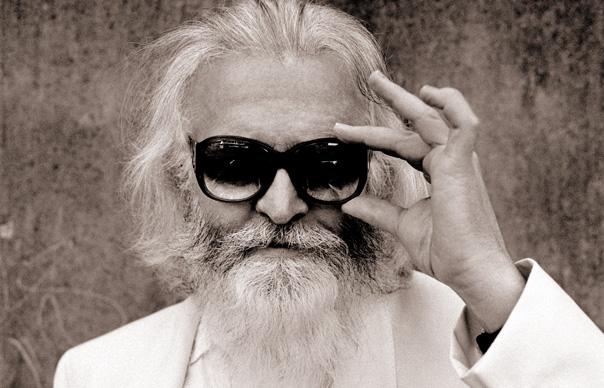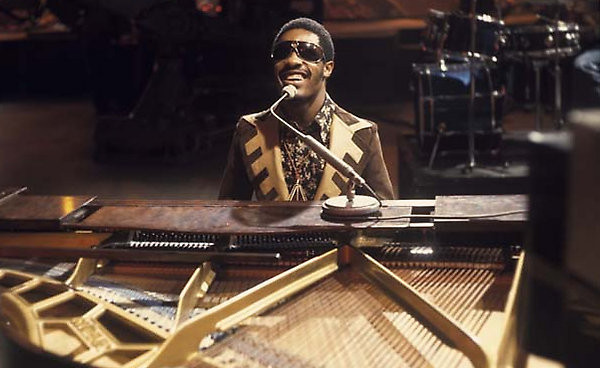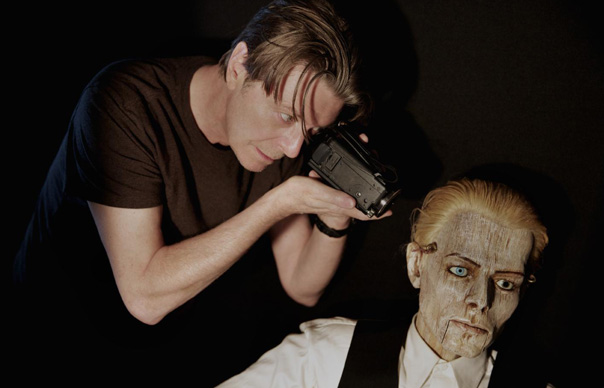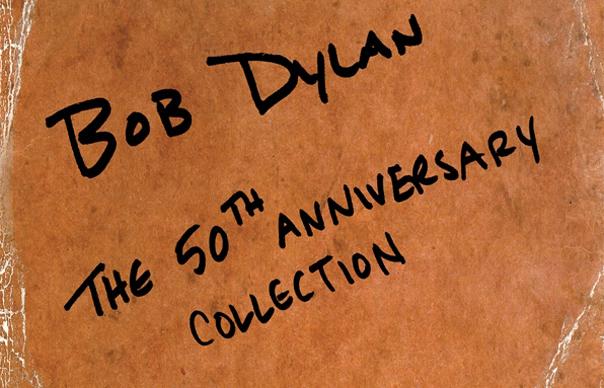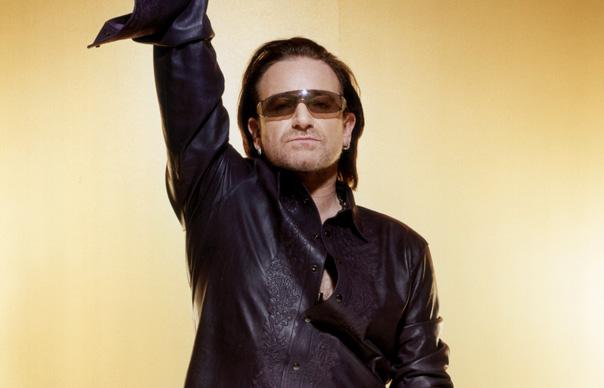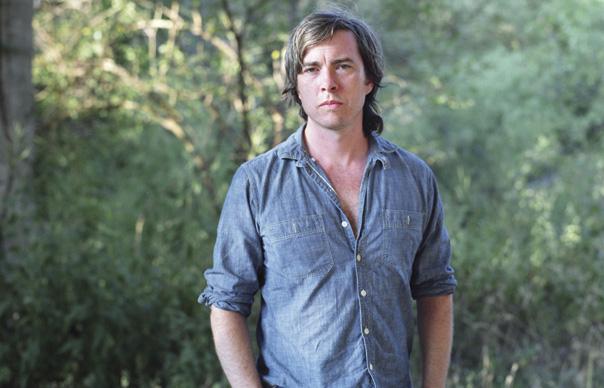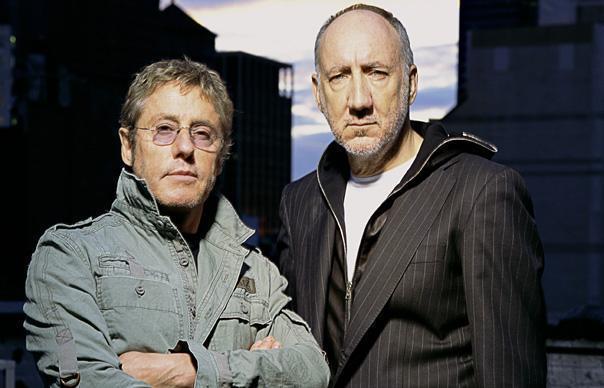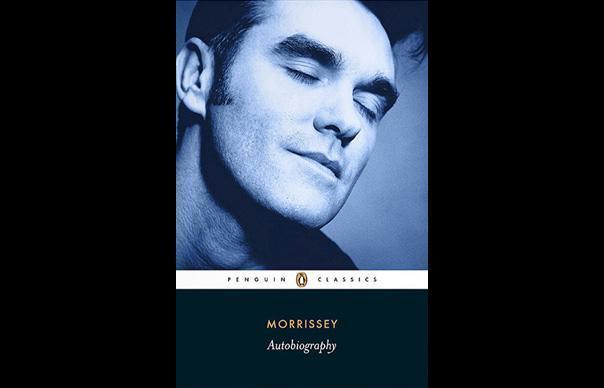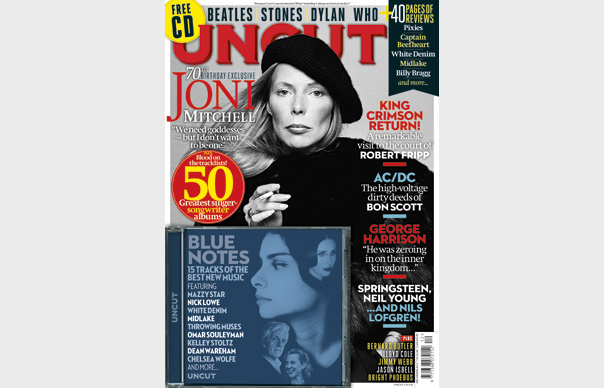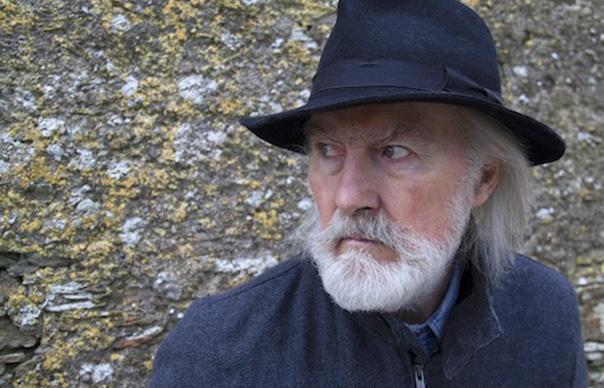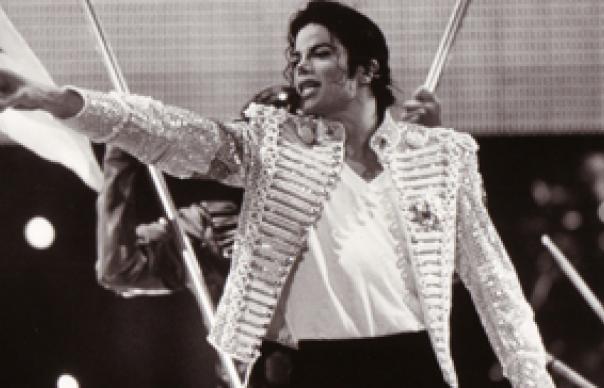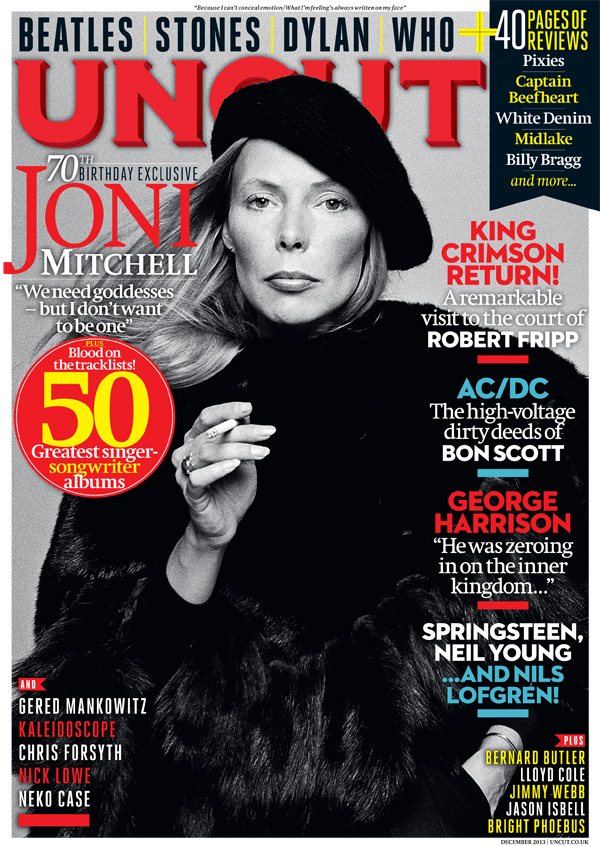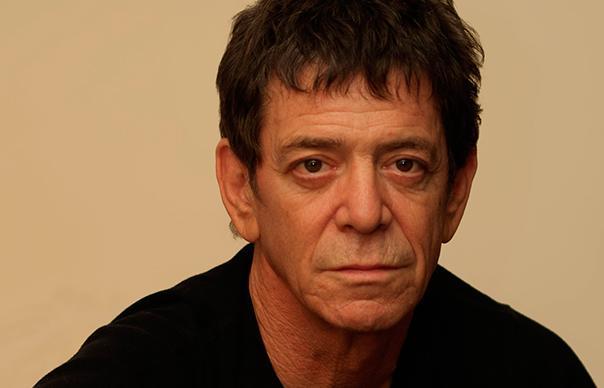Paddy McAloon makes a heartfelt, hook-laden return... “The beauty of a song is when you can combine universality with particularity,” says Paddy McAloon, speaking to Uncut about his first album in four years. Crimson/Red is, like pretty much everything Durham’s finest has made these past 30-plus years, an adoring tribute to the miracle of music, and a sincere exploration of what a mysterious privilege it is to be paid to make it. But then, nothing makes a person count their blessings more thoroughly than the very real possibility of losing them. McAloon has suffered these last twenty years from Ménierè’s disease, a condition of the inner ear which can cause tinnitus, vertigo, loss of balance and, of course, deafness. Although one hesitates to patronize someone as extravagantly gifted as McAloon, the fact that he has overcome the affliction to such an extent that he plays every instrument on Crimson/Red is a remarkable feat in itself. It’s a life of surprises, and the initial ones hit hard from the first wall of rich, jauntily rocking sound of opening track “The Best Jewel Thief In The World”. Firstly, it immediately brings to mind any number of classics from Prefab Sprout’s Thomas Dolby-produced mid-‘80s imperial phase, with its analogue string synths layered to sound like a plastic orchestra, its trebly, textured guitars, its blue-eyed soul chord sequence established as hook long before the vocals start. But secondly… Paddy McAloon still sings like a fresh-faced twenty-something. Which lends all the more energetic optimism to the song’s simple metaphor about the craft of the songwriter, stealing from the masters – or from the mysterious ether – to make noise that transcends literal meaning. The song is also good advice to the budding young songsmith in the face of haters and doubters: “What do those assholes know?... Watch your legend grow”. Lyrically the album is rich in universality with particularity. The singer with the shot voice in the ballad “List Of Impossible Things” could be McAloon himself, but is really humanity’s refusal to accept our own limitations. “Devil Came A Calling” sees McAloon revive the ersatz Americana of “Faron Young” and cast himself as Faust, alluding to the rock ‘n’ roll indulgence of his ‘80s glory days but actually exploring mankind’s constant fall to temptation. And while “The Songs Of Danny Galway” and “Mysterious” are specific tributes to McAloon songwriting heroes Jimmy Webb and Bob Dylan respectively, they become poetic ruminations on McAloon’s own desire, as a songwriter, to “Annotate the feast” that is life. The simple-but-complex nature of Crimson/Red’s themes is best summed up by “The Old Magician”, which is initially a witty metaphor about the ageing entertainer peddling “The tired act that no one loves”, broadens out into a bleak rumination on failed marriage (“She’s tired of being sawn in two”) and death (“a lousy disappearing act”), but also happens to have the cheeriest country-folk backing on the whole damn album. Ingenious, weird, and quintessentially McAloonesque. But the final triumph of Crimson/Red doesn’t lie in the usual smart artifice. It lies in the fact that it is ridiculously catchy. McAloon assembled these songs from the vaults – “The Old Magician” is 16-years-old, “List Of Impossible Things” has been tinkered with for a decade – on a deadline, and decided to forgo his normal tendency to take a hookline and sink it beneath modal twists and muso turns, and just let the choruses breathe. All of the songs mentioned plus the harmonica-led, yacht-rock note-to-self of the endlessly repeating “Billy” are once-heard, forever-whistled earworms, destined to get you humming annoyingly at the checkout in Tescos. The result is an album that cuts through much of the cerebral work that being a Prefab Sprout fan generally entails, in favour of mainlining directly to the heart. It’s a genius pop album by a genius pop singer-songwriter. Or: A universally accessible joy from a particularly clever bastard. Garry Mulholland Q&A Paddy McAloon Crimson/Red feels like the most sincere and musically straightforward album you’ve ever made. Do you agree? I know what you mean. But I have a problem with the word “sincere”. People take that to mean that you’re getting some straight talking from someone, and I don’t know that I like straight talking. It makes for earnest and dull records. But the goal I set myself this time was this: instead of fighting against simplicity, I would try and ride with it. And I’d let the burden fall on the lyrics or on the melodic hook. I’m dead conscious that people prefer things simple. “The Songs Of Danny Galway” is about meeting your hero Jimmy Webb in Dublin. What was he like? It was in 1991 for a show on RTE about songwriters with orchestras. I did a duet with him on “The Highwayman”. He was very nice and very humble about his talent. I was too shy to say too much to him. I was just thinking, “You wrote ‘Wichita Lineman”!’ You’re 56 but you still have the same boyish singing voice that sang “Lions In My Own Garden” in 1982. What’s your secret? Gargling with virgins’ blood I always find helps. I think my voice is OK because I didn’t hammer it for two hours a night for 30 years. It’s a side effect of not touring. See… vindicated at last. INTERVIEW: GARRY MULHOLLAND
Paddy McAloon makes a heartfelt, hook-laden return…
“The beauty of a song is when you can combine universality with particularity,” says Paddy McAloon, speaking to Uncut about his first album in four years. Crimson/Red is, like pretty much everything Durham’s finest has made these past 30-plus years, an adoring tribute to the miracle of music, and a sincere exploration of what a mysterious privilege it is to be paid to make it.
But then, nothing makes a person count their blessings more thoroughly than the very real possibility of losing them. McAloon has suffered these last twenty years from Ménierè’s disease, a condition of the inner ear which can cause tinnitus, vertigo, loss of balance and, of course, deafness. Although one hesitates to patronize someone as extravagantly gifted as McAloon, the fact that he has overcome the affliction to such an extent that he plays every instrument on Crimson/Red is a remarkable feat in itself.
It’s a life of surprises, and the initial ones hit hard from the first wall of rich, jauntily rocking sound of opening track “The Best Jewel Thief In The World”. Firstly, it immediately brings to mind any number of classics from Prefab Sprout’s Thomas Dolby-produced mid-‘80s imperial phase, with its analogue string synths layered to sound like a plastic orchestra, its trebly, textured guitars, its blue-eyed soul chord sequence established as hook long before the vocals start.
But secondly… Paddy McAloon still sings like a fresh-faced twenty-something. Which lends all the more energetic optimism to the song’s simple metaphor about the craft of the songwriter, stealing from the masters – or from the mysterious ether – to make noise that transcends literal meaning. The song is also good advice to the budding young songsmith in the face of haters and doubters: “What do those assholes know?… Watch your legend grow”.
Lyrically the album is rich in universality with particularity. The singer with the shot voice in the ballad “List Of Impossible Things” could be McAloon himself, but is really humanity’s refusal to accept our own limitations. “Devil Came A Calling” sees McAloon revive the ersatz Americana of “Faron Young” and cast himself as Faust, alluding to the rock ‘n’ roll indulgence of his ‘80s glory days but actually exploring mankind’s constant fall to temptation. And while “The Songs Of Danny Galway” and “Mysterious” are specific tributes to McAloon songwriting heroes Jimmy Webb and Bob Dylan respectively, they become poetic ruminations on McAloon’s own desire, as a songwriter, to “Annotate the feast” that is life.
The simple-but-complex nature of Crimson/Red’s themes is best summed up by “The Old Magician”, which is initially a witty metaphor about the ageing entertainer peddling “The tired act that no one loves”, broadens out into a bleak rumination on failed marriage (“She’s tired of being sawn in two”) and death (“a lousy disappearing act”), but also happens to have the cheeriest country-folk backing on the whole damn album. Ingenious, weird, and quintessentially McAloonesque.
But the final triumph of Crimson/Red doesn’t lie in the usual smart artifice. It lies in the fact that it is ridiculously catchy. McAloon assembled these songs from the vaults – “The Old Magician” is 16-years-old, “List Of Impossible Things” has been tinkered with for a decade – on a deadline, and decided to forgo his normal tendency to take a hookline and sink it beneath modal twists and muso turns, and just let the choruses breathe. All of the songs mentioned plus the harmonica-led, yacht-rock note-to-self of the endlessly repeating “Billy” are once-heard, forever-whistled earworms, destined to get you humming annoyingly at the checkout in Tescos.
The result is an album that cuts through much of the cerebral work that being a Prefab Sprout fan generally entails, in favour of mainlining directly to the heart. It’s a genius pop album by a genius pop singer-songwriter. Or: A universally accessible joy from a particularly clever bastard.
Garry Mulholland
Q&A
Paddy McAloon
Crimson/Red feels like the most sincere and musically straightforward album you’ve ever made. Do you agree?
I know what you mean. But I have a problem with the word “sincere”. People take that to mean that you’re getting some straight talking from someone, and I don’t know that I like straight talking. It makes for earnest and dull records. But the goal I set myself this time was this: instead of fighting against simplicity, I would try and ride with it. And I’d let the burden fall on the lyrics or on the melodic hook. I’m dead conscious that people prefer things simple.
“The Songs Of Danny Galway” is about meeting your hero Jimmy Webb in Dublin. What was he like?
It was in 1991 for a show on RTE about songwriters with orchestras. I did a duet with him on “The Highwayman”. He was very nice and very humble about his talent. I was too shy to say too much to him. I was just thinking, “You wrote ‘Wichita Lineman”!’
You’re 56 but you still have the same boyish singing voice that sang “Lions In My Own Garden” in 1982. What’s your secret?
Gargling with virgins’ blood I always find helps. I think my voice is OK because I didn’t hammer it for two hours a night for 30 years. It’s a side effect of not touring. See… vindicated at last.
INTERVIEW: GARRY MULHOLLAND


